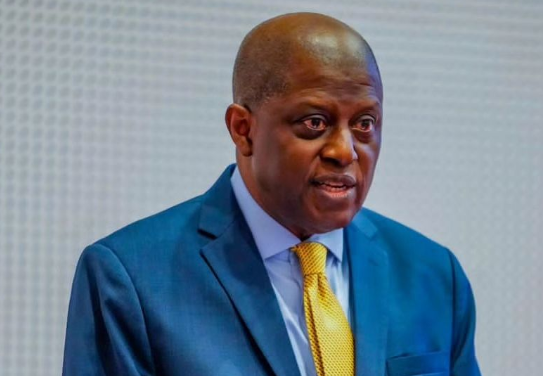The Central Bank of Nigeria (CBN), under the leadership of Governor Olayemi Cardoso, has ceased payments to its Monetary Policy Committee (MPC) members without prior notice.
This unexpected development has raised eyebrows in Nigeria’s financial circles and could signal a significant shift in the central bank’s approach to its policy-making body.
Sources, who preferred to remain anonymous, revealed to Bloomberg that the five external members of the MPC, a crucial part of the 12-seat committee, have not received their dues since August.
The information comes just as the CBN prepares for its upcoming meeting on February 26-27.
Four out of these five members disclosed this lack of communication and payment from the CBN, while the fifth member has not provided any comment on the matter.
It was noted that the last communication these members received from the Central Bank was back in September.
CBN to appoint new board members
A representative of the CBN acknowledged the ongoing process of appointing new independent members to the MPC but refrained from commenting on the specifics of the payment halt, according to the Bloomberg report. This strategy aligns with President Bola Tinubu’s plan to restructure the apex bank.
The initiation of changes in the Central Bank’s structure started with President Tinubu’s suspension of former Governor Godwin Emefiele, following his assumption of office in May.
Emefiele, who is currently facing fraud charges, which he denies, was succeeded by Cardoso, a former executive at Citibank. Cardoso’s tenure has so far been marked by a commitment to traditional central banking principles, with a focus on curbing inflation and stabilising the Nigerian currency.
The Monetary Policy Committee (MPC), an essential organ of the CBN, is composed of the Governor, four deputy governors, two directors from the bank, and five external members. These external members, crucial for their independent perspectives, were appointed during the tenure of former President Muhammadu Buhari and ex-Governor Emefiele.
More Insights
- With the current situation, there are concerns about the potential impact on the MPC’s next meeting. Although the committee needs a minimum of six members for a quorum, which it currently has, the absence of external members could cast doubts on the legitimacy and balance of the forthcoming policy decisions.
- This is particularly significant as Nigeria grapples with soaring inflation, which hit a near three-decade high of 28.9% in December, and economists anticipate a substantial interest rate increase.
- The cessation of payments to MPC members without prior notice and the broader restructuring within the CBN under Governor Cardoso’s leadership highlight a critical phase in the reformation of Nigeria’s central banking system.

